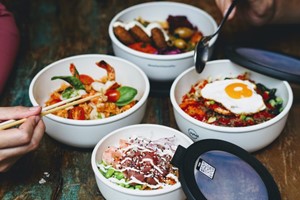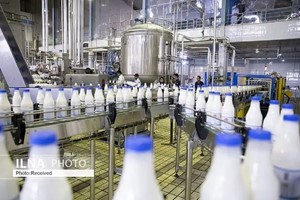Raw milk, once deemed risky, has returned to consumers' fridges. While global regulations adapt, Switzerland emphasizes labeling and personal responsibility.
In Iowa, it took Republican politician Jason Schultz 16 years to pass a bill legalizing raw milk sales. Despite Iowa’s agricultural roots, Schultz faced resistance from health authorities and large dairy groups concerned about raw milk's potential health risks. As of July 1, 2023, Iowa farmers can now sell raw milk directly to consumers, a move reflecting a broader trend across the U.S. However, access remains complex: 30 states permit raw milk sales, with varying regulations, while federal law prohibits interstate transport.
Globally, raw milk legislation differs. Countries like Australia, Canada, and China ban it, while most of Europe and Japan allow sales under strict hygiene standards. In Switzerland, raw milk sales are technically restricted, but exceptions exist. Although all milk must be pasteurized, around 400 vending machines operated by farms still distribute raw milk. Consumers must be informed of the product’s shelf life and heating recommendations.
Swiss farmers, such as Nicolas Pellaud and Esther Mottier, find selling raw milk more of a service than a profit venture. They cater to a niche market, including customers with dietary needs or preferences for milk from cows with horns. Despite slightly better profit margins than selling to wholesalers, the volumes are too small to be highly lucrative.
The debate over raw milk includes potential health benefits. A Swiss study by Agroscope indicated positive effects on gut microbiome diversity, while U.S. surveys found taste, holistic health perceptions, and local farm support were primary reasons consumers chose raw milk. However, health risks persist. The U.S. CDC warns of pathogens like E. coli, Listeria, and Salmonella. In a recent outbreak, 165 Americans fell ill due to contaminated raw milk from a California farm.
Swiss authorities, despite acknowledging risks, do not mandate specific warnings on raw milk vending machines. The Federal law on Foodstuffs allows special labeling for dangers, but this has not been applied to raw milk yet. Besides bacteria, avian flu has emerged as a new concern. In March, avian influenza was detected in U.S. dairy cattle, with studies showing pasteurization effectively neutralizing the virus.
Currently, Swiss officials see no reason to ban raw milk due to avian flu, as no cases have been reported in Europe. However, ongoing research by Swiss institutions, including Agroscope, aims to monitor potential risks. Should new findings emerge, appropriate measures will be considered.
Ultimately, raw milk regulations reflect a balance between public health, consumer freedom, and agricultural tradition. In places like Switzerland and Iowa, consumers bear responsibility for their choices, navigating the risk-benefit landscape themselves.
Edited by Virginie Mangin











